Saudi Arabia receives first F-15SA fighter of record-setting weapons order
The Obama administration approved $60 billion deal in 2010 amid mounting US and Saudi tensions with Iran
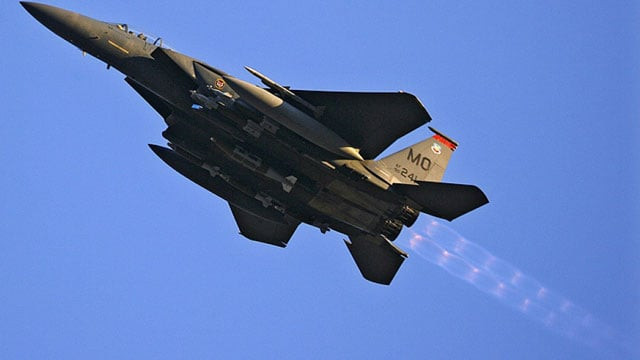
A file image of an F-15 jet fighter similar to the Saudi Arabian plane lost during a bombing mission to Yemen. PHOTO: REUTERS
King Salman and his son, Defence Minister and Deputy Crown Prince Mohammed bin Salman, watched the spectacle as graduates of the King Faisal Air College performed military marches and fighter jets swooped overhead. The Obama administration approved the $60 billion deal in 2010 amid mounting US and Saudi tensions with Iran. The deal dwarfed previous multibillion-dollar sales to Saudi Arabia, which for years has been the biggest US arms buyer.
In addition to the 84 Boeing F-15SA fighters, the deal included orders for upgrades to Saudi Arabia's 70 older F-15s, HARM AGM-88 Anti-Radiation Missiles, Laser JDAM and Enhanced Paveway munitions and related equipment and services. The sale was a major win for Boeing, which has faced competition from Lockheed Martin's F-35 fighter. Boeing also clinched weapons sales to Qatar and Kuwait last year.
Saudi Arabia unveils next-generation F-15 warplane
"The F-35 was displacing all other players. But fourth generation production models, especially Boeing F-15s, are going to have a longer life than predicted," said Richard Aboulafia, vice president of analysis at Virginia-based Teal Group. Riyadh placed its order for the fighter jets to support its chief foreign policy goal of rolling back Iranian influence around the region, according to statements by US officials at the time.
Six years later, questions linger about how such expensive hardware will help the kingdom win wars in places like Yemen, where it has struggled to confront what it sees as Iranian expansion since intervening in the civil war in March 2015. Riyadh accuses Iran of backing Yemen's Shia Houthi rebels, who ousted the Saudi-backed government of President Abd-Rabbu Mansour Hadi from the capital over two years ago.
Despite a near-daily campaign of air strikes, Saudi Arabia has yet to impose its will on its southern neighbour. The Houthis and allied forces continue to control Sanaa and much of the rest of Yemen's north. The rebels regularly attack Saudi soldiers at border checkpoints and fire missiles that sometimes reach deep into Saudi territory.
"There's no question that impressive equipment has been a boon to the Saudi-led coalition," said Adam Baron, a visiting fellow at the European Council on Foreign Relations. "But ultimately, state of the art weaponry is one thing and the situation on the ground is another."

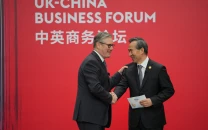
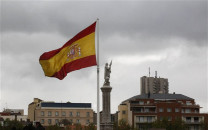

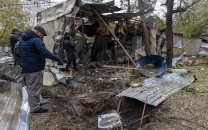
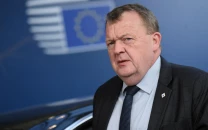
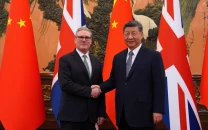












COMMENTS
Comments are moderated and generally will be posted if they are on-topic and not abusive.
For more information, please see our Comments FAQ